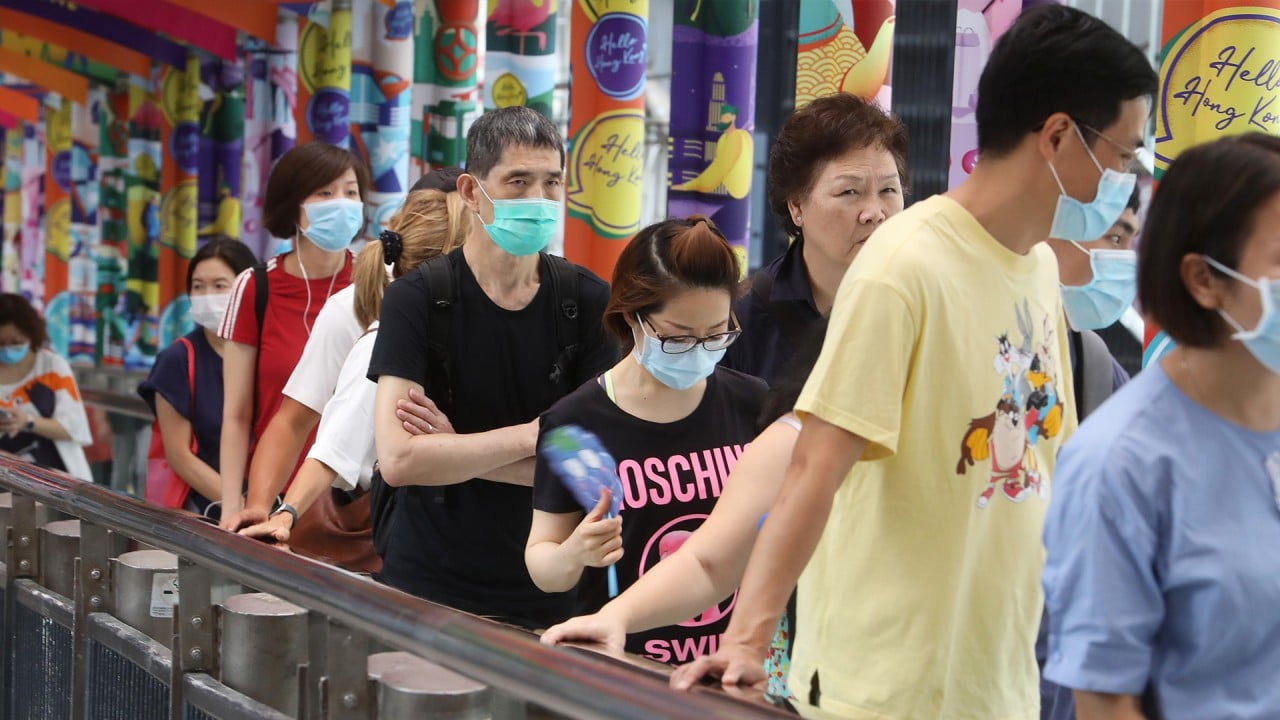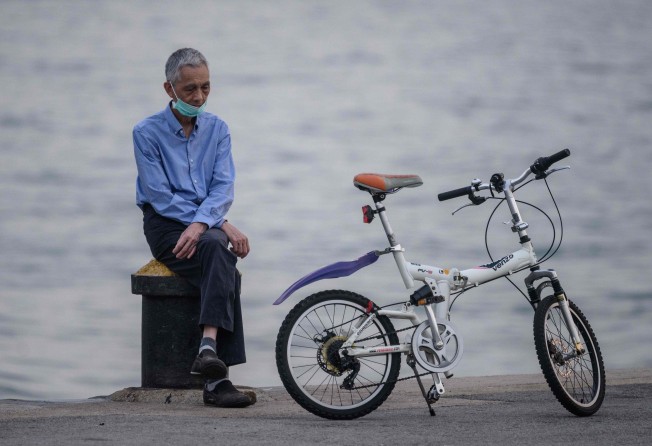
03:10
Hong Kong battles third wave of coronavirus infections

As social distancing emerges as a global strategy to contain Covid-19 transmissions, this pandemic control measure may pose critical health threats to older adults with chronic illnesses. Those with a shrunken immediate social network are even more vulnerable, as they may be afraid to leave home for medical appointments. The closure of non-essential aged care services has further limited their access to care.
Although the Hong Kong Hospital Authority and Department of Health have developed various digital platforms, such as a Smart Patient Website, to strength the self-care ability of patients with chronic disease, many older adults living alone remain on the wrong side of Hong Kong’s digital divide, which means they do not have the means or know-how to access this service.
Under the Jockey Club NICE-LINK Project, a team from the University of Hong Kong in April initiated tele-nursing for a group of 200 older adults with more than two chronic illnesses and living alone in the Kowloon East region. Our nursing team identified a high prevalence of geriatric symptoms, such as poorly controlled pain, insomnia, depressed mood and poor disease-related self-care in terms of dietary modification, sedentary lifestyles and medication adherence.
Older adults were worried about refilling their prescriptions and rescheduling medical appointments. Some even delayed seeking medical care after fall injuries.
By providing prompt tele-based health counselling, followed by tailored written health reminders by post, a good health response was noted in the subsequent tele-visits.

03:10
Hong Kong battles third wave of coronavirus infections
It is well understood that the health care system needs to retain maximum surge capacity to handle the pandemic outbreak. However, there is no escape from paying a price for the shrunken service availability and accessibility for chronic disease management.
With a third wave of Covid-19 striking Hong Kong, we cannot afford to turn a blind eye to the chronic disease management needs of the more vulnerable older adults.
From our experience of perfecting the use of tele-nursing as a buffer to the containment policy, we urge the integration of this remote care model with the health care systems in this era of social distancing. In fact, tele-health has been adopted to deliver geriatric services to residents of nursing homes since 2001. As we fight the coronavirus, it is a good time to expand its application.
Let’s make a good offensive on Covid-19 without sacrificing the defence against non-communicable diseases.
Doris Yu, professor, School of Nursing, the University of Hong Kong